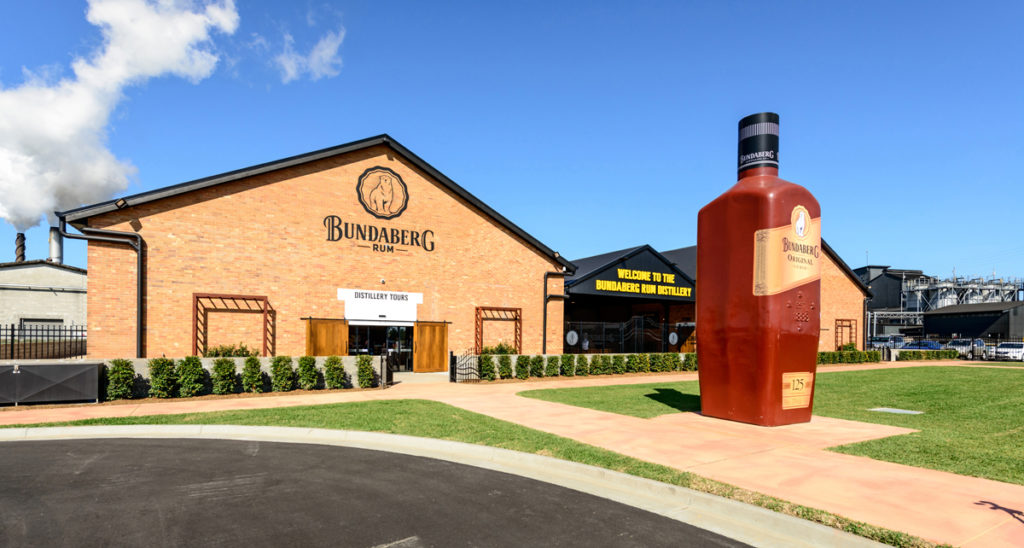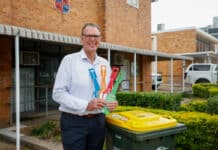
The Queensland Government Waste Levy took effect on 1 July but it won’t impact one of the region’s biggest names with Bundaberg Rum aiming for zero waste to landfill.
Governance and compliance manager Tyryn McKeown said Bundaberg Rum’s policy of zero waste to landfill applied a hierarchy of waste management focused on waste reduction, followed by reuse and recycling and the conversion of all other waste to energy.
“Waste reduction, as well as the use of recycled and/or recyclable materials are major considerations in the procurement of all raw materials and packaging components,” Mr McKeown said.
“Focused improvement projects also target reuse opportunities within our operation.”
Mr McKeown said waste minimisation didn’t have to cost businesses money – in fact he said the truth was quite the opposite.
“The reuse of potential waste streams on site has also resulted in cost savings through process efficiency improvements and reductions in disposal or treatment costs.
“Examples include the reuse of process water within our production facility rather than diversion to effluent, as well as the use of our distillation byproduct (dunder) as an organic fertiliser for the sugar cane crops from which we source the molasses used to produce our rum.”
Zero waste part of Bundaberg Rum policy
Mr McKeown said Bundaberg Rum’s waste-reduction practices had been in place for many years.
“Waste reduction is an integral part of our environmental policy which outlines our ambition to achieve and maintain environmental sustainability by preventing pollution and depletion of natural resources, as well as damage to species, habitats, biodiversity or the climate,” he said.
The Queensland Government Waste Management and Resource Recovery Strategy aims to reduce the amount of waste going to landfill and encourage waste avoidance, reuse and recycling.
“Businesses clearly have a critical role to play in environmental sustainability through waste reduction,” Mr McKeown said.
“Effective waste management practices do not have to have a negative financial impact on businesses.
“Innovative processes for the reuse and recycling of potential waste streams can actually result in efficiency improvements and cost savings.”
Bundaberg cafe Alowishus Delicious has also reduced waste to landfill by an estimated 156 cubic metres a year, saving several thousand dollars.
- Other news: Bundaberg recognised globally for gender equality







